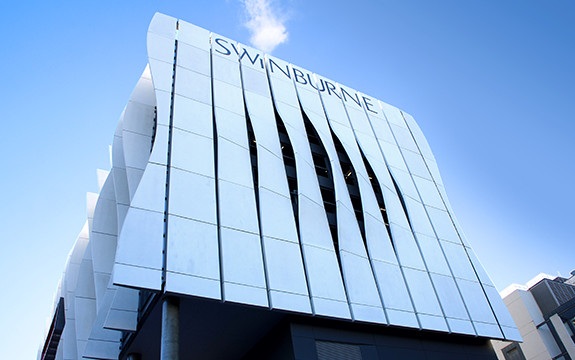Workshops to improve maths, science and technology teaching skills

In Summary
Technology is everywhere and people are needed to maintain and develop it, yet the number of information and communication technologies graduates in Australia has halved in the past decade, creating a skills shortage.
In the quest to tackle that shortage, Swinburne University of Technology is helping maths, science and technology teachers find innovative ways to spark interest in IT in their students.
Swinburne recently ran a day-long Informatics Day and a two-day Computer Science for High Schools (CS4HS) program for maths, science and IT teachers.
The Informatics Day, held in conjunction with University of Queensland, began with an address by National Maths and Science Education and Industry Adviser, Dr Rosyln Prinsley, and continued with a series of hands-on problem solving workshops.
The CS4HS days made use of Swinburne’s Cisco lab, a dedicated facility for learning and researching networking technologies. Participants had hands-on programming sessions and computer security workshops.
One teacher commented: “the three prac sessions were such fun and so useful. I could have spent weeks doing any one of them!” Another said that she “could see the immediate benefit to my classroom.”
Participants were also able to visit software development industry sites to give them a better understanding of current careers in IT. One said that “seeing and talking with actual programmers and managers definitely broadened my understanding, which will now be used in my classes.”
Another commented: “The site visit was very informative… The presenter was particularly good at highlighting what programming/scripting languages students should be learning now for a future career in the field.”
The group also visited the Telstra Telecommunications Museum (next door to Swinburne), where an interactive tour including seeing telephone exchange equipment in action was a highlight.
As part of the program, Swinburne alumnus Paul Cowan spoke about the importance of computation thinking at Google. Other current IT projects under way at Swinburne – the Intelligent Transport System in conjunction with VicRoads, and the Decision Support System for the Trauma Centre at the Alfred Hospital – were also discussed.
These education outreach programs were funded by Google.

